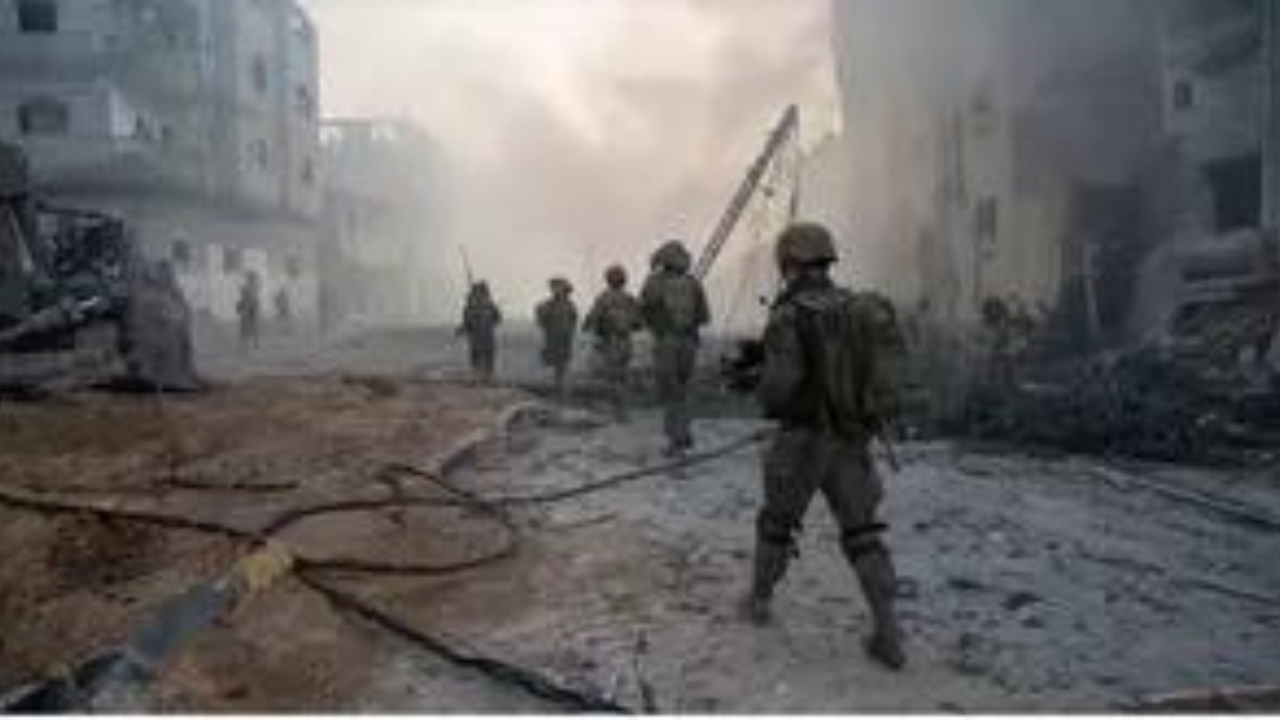US National Security Council spokesman John Kirby said, “Today is a promising start,” but noted that “there remains a lot of work to do.” Kirby confirmed that the talks are expected to continue on Friday.
Hamas official Osama Hamdan stated that the group did not participate in Thursday’s talks but was prepared to join the indirect negotiations if they resulted in new commitments from Israel. Hamdan emphasized that Hamas demands the implementation of a truce plan proposed in late May by US President Joe Biden.
“If the mediators succeed in forcing the [Israeli] occupation to agree, we would, but so far there’s nothing new,” Hamdan told AFP. He added that Hamas would not engage in prolonged negotiations that “give Netanyahu more time to kill the Palestinian people.”
The only truce thus far occurred in November when Gaza militants released 105 hostages taken during the October 7 attack on Israel in exchange for 240 Palestinian prisoners held by Israel. The latest push for diplomacy comes as Gaza’s Health Ministry reported that the death toll has surpassed 40,000, which UN Chief Antonio Guterres described as “yet another reason” for a ceasefire now.
“Given the… disturbing number of people who remain unaccounted for, who may be trapped or dead under the rubble, this number may, if anything, be an undercount,” said Guterres’ spokesman Farhan Haq. “This is yet another reason why we need to have a ceasefire now, as well as the release of all hostages and unimpeded humanitarian assistance.”
The Gaza Health Ministry’s casualty figures include 40 deaths in the past 24 hours. The Israeli military has reported killing “more than 17,000” Palestinian militants since the beginning of the war.
British Foreign Minister David Lammy and his French counterpart Stéphane Sejourne are scheduled to discuss the truce talks with Israel’s top diplomat, Israel Katz, on Friday. During a visit to Beirut on Wednesday, US envoy Amos Hochstein stated that a deal in Gaza could enable a diplomatic resolution in Lebanon and prevent a broader conflict.
“We have to take advantage of this window for diplomatic action and diplomatic solutions. That time is now,” Hochstein said.
Hamas’s October 7 attack on southern Israel triggered the current war, resulting in 1,198 deaths, mostly civilians, according to an AFP tally of Israeli official figures. Militants also seized 251 people, of whom 111 are still held in Gaza, including 39 whom the military says are dead.
Mediation efforts have repeatedly stalled since the week-long truce in November. Some Hamas officials, analysts, and critics in Israel have suggested that Netanyahu might be prolonging the war for political reasons.
Israeli media recently quoted Defense Minister Yoav Gallant as stating privately to a parliamentary committee that a hostage release deal “is stalling… in part because of Israel.” Netanyahu’s office responded by accusing Gallant of adopting an “anti-Israel narrative,” stating that Hamas leader Yahya Sinwar is “the only obstacle to a hostage deal.”
The renewed push for negotiations follows the July 31 killing of Sinwar’s predecessor, Hamas political leader and truce negotiator Ismail Haniyeh, during a visit to Tehran. This event escalated fears of a broader conflict, as Iran and its regional allies blamed Israel and promised retaliation, although Israel has not claimed responsibility.
Western leaders have urged Tehran to refrain from retaliating against Israel for Haniyeh’s killing, which came hours after an Israeli strike in Beirut killed Hezbollah’s military commander.
The conflict’s fallout has involved Iran-aligned groups from Lebanon, Yemen, Iraq, and Syria. Over 370 Hezbollah members have died in almost ten months of near-daily cross-border fire with Israeli forces, more than the group lost in the 2006 war with Israel. On the Israeli side, 22 soldiers and 26 civilians have died, including in the annexed Golan Heights, according to military figures.
In Gaza, which has seen massive destruction of housing and infrastructure, relatively few casualties were reported on Thursday. The deadliest incident involved airstrikes that killed five people in Gaza City. Israel’s military stated that troops killed about 20 militants in Rafah, southern Gaza.
On Wednesday, many dead and wounded, including bloodied children, were brought to Nasser Hospital in the southern city of Khan Yunis following an Israeli strike.
“I was not pro-Hamas but now I support them and I want to fight,” one grieving man shouted.






